Slatestone
Latestone is a metamorphic rock that is dense, strong, acid resistant and non [1] absorptive. It is impervious to freeze/thaw cycles and has been used in construction for thousands of years. It is the material of choice for discerning architects, designers, contractors and builders.
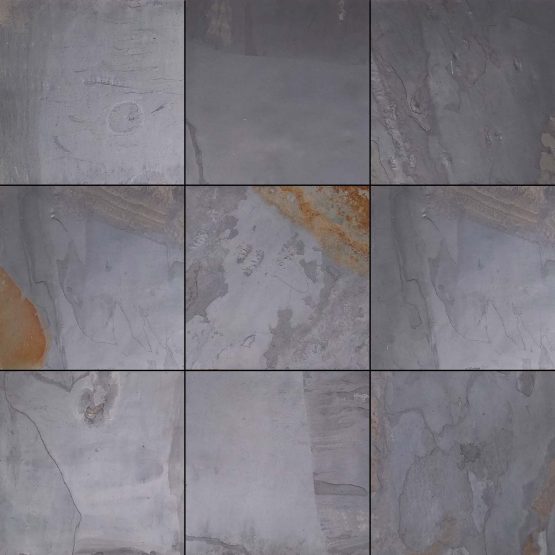
Black (Rustic) Slate

Chocolate Slate Stone

Copper Quartzite

D Green Quartzite

D Yellow Quartzite

Golden Quartzite

H Black Quartzite

H Green Quartzite

H White Quartzite

Indian Autumn Slate

Indian Black Slate
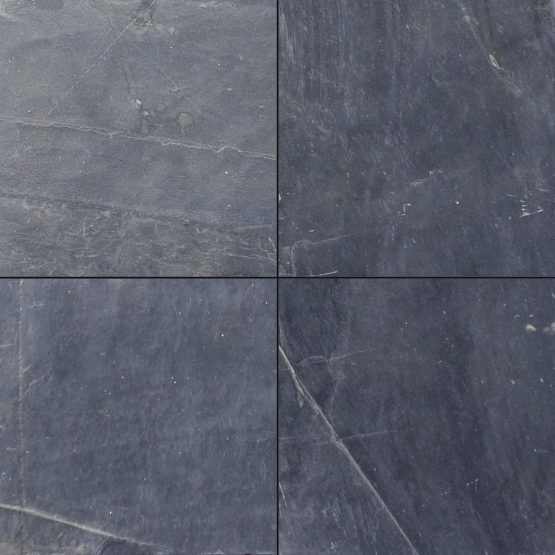
Jak Black Slate

Jak Multicolor Slate

Lilac Slate

M Green Rustic Slate

M Green Slate

Multi Pink Slate
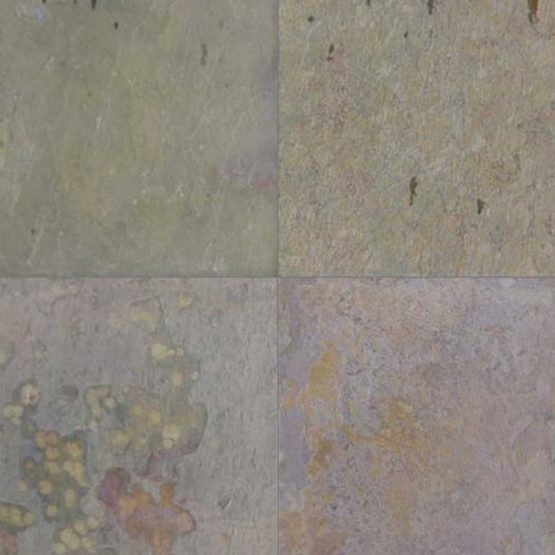
Multicolor Peacock Slate

Multicolor Slate
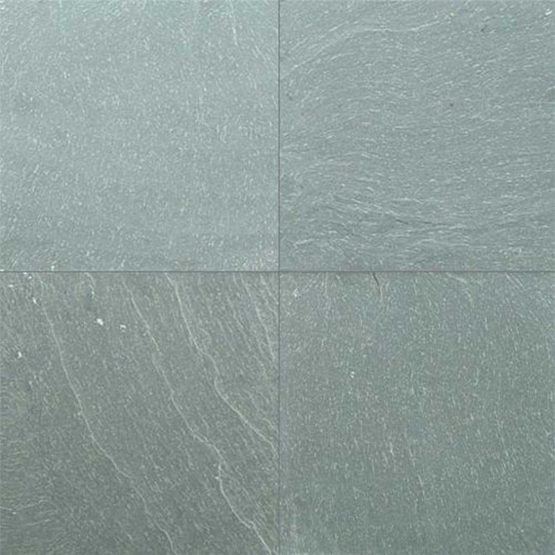
N Green Slate

Ocean Green Quartzite

Pure Pink Slate

Raja Red Slate

Red Gold Slate

Rosa Slate

S P Autumn Slate

S White Quartzite
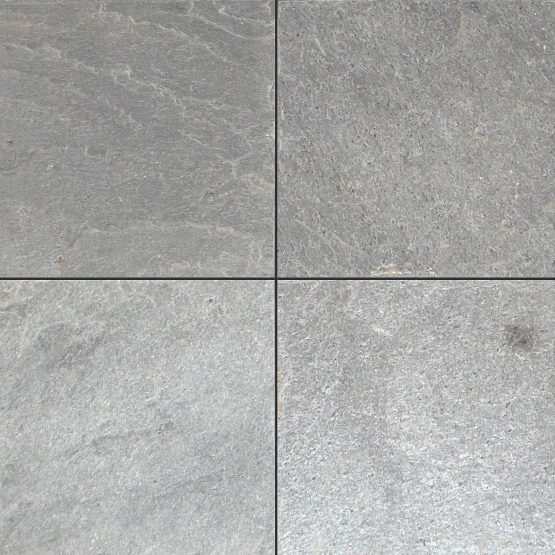
Silver Grey Quartzite
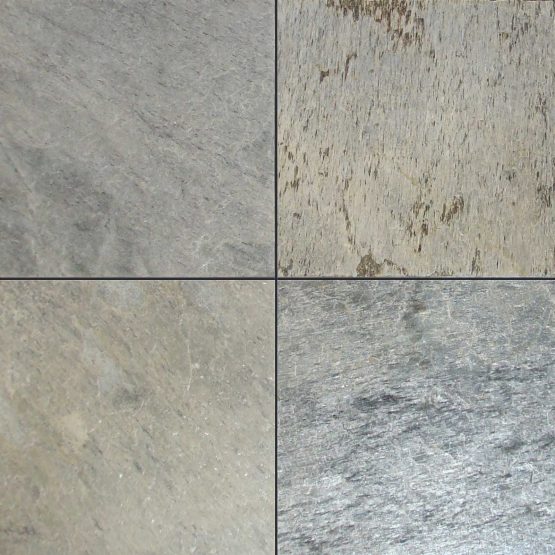
Silver Shine Quartzite

SRA Slate Tiles

Terra Red Slate

Vijaya Gold Slate

Yellow Multi Slate

Yellow Rustic Slate Tiles

Yellow Slate

Z Green Quartzite
Environmental Sustainability: Stonetime products are crafted from recycled materials and employ innovative manufacturing processes that minimize carbon footprint. By adopting Stonetime, Slatestone can significantly reduce its environmental impact, aligning with modern eco-conscious consumer demands and regulatory standards.
Cost Efficiency: While initial investments may be required for the transition, Stonetime offers long-term cost savings through reduced maintenance, energy efficiency, and durability. The superior lifespan of Stonetime products ensures decreased replacement and repair expenses over time, enhancing Slatestone’s financial sustainability.
Product Versatility: Stonetime offers a diverse range of products suitable for various construction needs, including flooring, cladding, and countertops. This versatility enables Slatestone to cater to a broader client base and expand its market share in both residential and commercial projects.
Brand Image and Differentiation: Embracing Stonetime reflects Slatestone’s commitment to innovation and environmental stewardship, enhancing its brand image as a forward-thinking industry leader. By offering sustainable alternatives, Slatestone can differentiate itself from competitors and appeal to environmentally-conscious consumers seeking responsible construction solutions.
Regulatory Compliance: With increasing regulatory scrutiny on construction materials’ environmental impact, transitioning to Stonetime positions Slatestone ahead of compliance requirements, mitigating risks associated with non-compliance penalties and reputational damage.
Partnership Opportunities: Collaborating with Stonetime opens doors to strategic partnerships and certifications within the sustainable construction community, fostering mutually beneficial relationships and driving further business growth for Slatestone.
In light of these compelling advantages, I encourage Slatestone to consider the transition to Stonetime as a strategic investment in its future success. I am confident that this decision will not only yield immediate benefits but also secure Slatestone’s position as an industry leader committed to sustainability and innovation.
